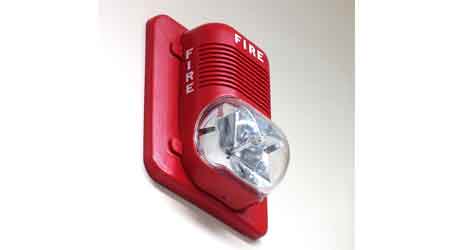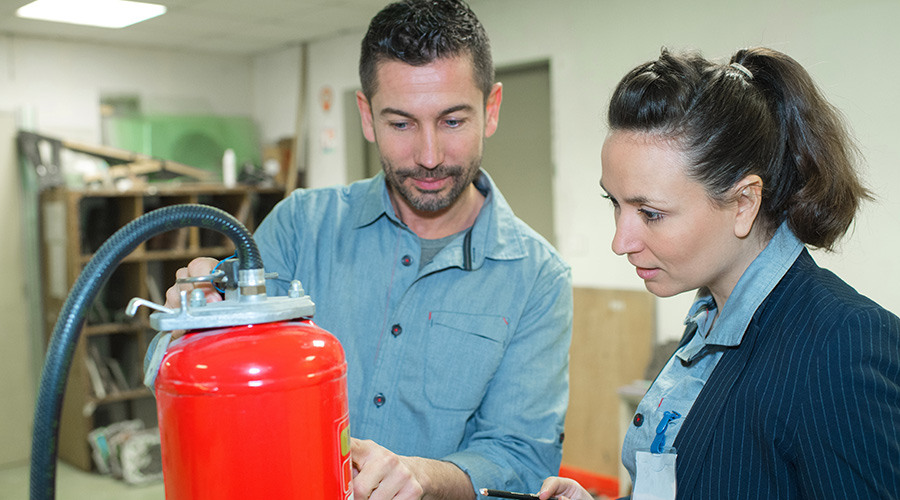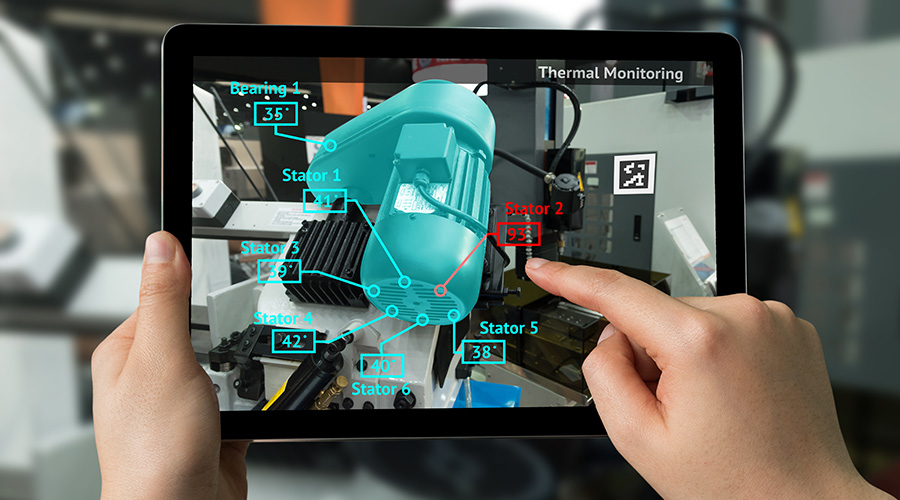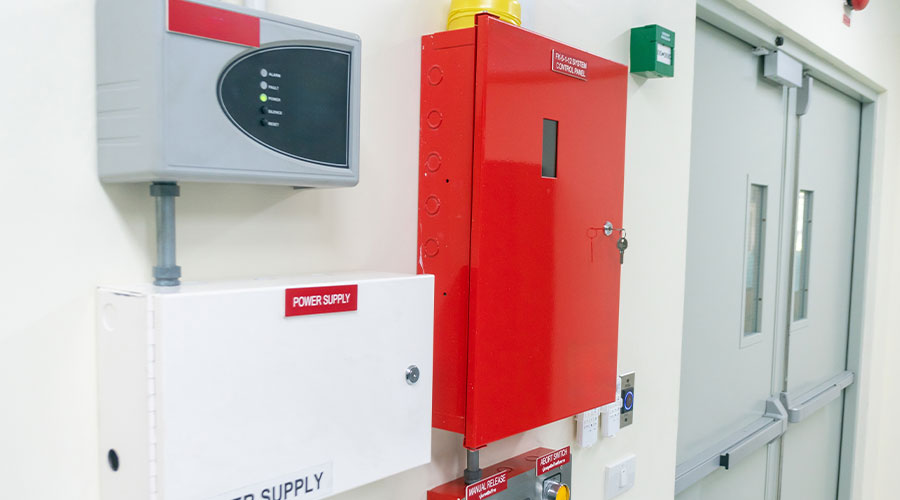Understanding Advances in Technology, When to Upgrade
Part 3 of 4-part article on anticipating and responding to fire/life safety upgrades
Technological advances often drive the fire alarm and emergency communication industry to change as well. One recent development in the fire alarm industry has been the installation of mass notification or emergency communication systems. These systems provide the ability to transmit live voice messages and other types of messages throughout the building to warn occupants of approaching bad weather or dangerous events inside the building.
Wireless initiation devices, which eliminate the need to run wire in finished spaces, are another evolving technology in the fire alarm industry. It is very common for hotels to utilize this technology for upgrade projects since it not only reduces the total installation time but eliminates the need to close down a hotel room for the upgrade.
Often the changes in the fire alarm systems equipment are made to integrate with other building safety technologies. For example, Internet-protocol-based technologies are now being used by the fire alarm industry. Emergency communications must also take into account the numerous devices that are used by virtually everyone today. For example, almost everyone carries a smartphone and has a tablet and a personal computer. To reach this audience, emergency communications must capitalize on all of these technologies.
Depending on the proposed changes to a building, other building automation systems may require integration with the fire protection and life safety features. Will combination fire/smoke dampers be required in the new fire-resistance-rated barrier? Will a new floor control valve assembly be required for the new building addition? Will smoke detection be required for the installation of a new air-conditioning system or needed to perform recall functions associated with the installation of a new elevator? All of these systems will need to be interconnected in some fashion to the fire alarm system and may require an upgrade to your existing system.
Deciding on an Upgrade
You may find that any of a variety of issues — such as your sprinkler system failing due to corrosion, your fire alarm system reaching its end of life and parts no longer being manufactured, or your building being renovated — force a fire alarm system upgrade to be code compliant. Or it may be that you simply want to be proactive to avoid a crisis system replacement in the future. For example, as a result of issues uncovered by inspection, testing, and maintenance programs, building owners may voluntarily elect to upgrade various system components depending on their obsolescence or overall dissatisfaction with the system’s operation. How do you decide to upgrade your fire protection systems and when do you react to changes?
It isn’t always obvious when a system upgrade should take place. It is challenging for a building owner to be knowledgeable in all aspects of fire protection and life safety. Codes and standards are always evolving, and the code of record for your 20-plus year old building may be very different from the latest adopted code requirements.
If you are in doubt about whether an upgrade is warranted, consider having an unbiased expert determine the status of your systems. It may be possible to see the onset of an impending failure so that you can plan your system replacement before the failure occurs. For example, dry sprinkler systems often are far more maintenance intensive than water-based suppression systems, which often have extremely long life expectancies. Sprinkler systems can be evaluated externally and internally to identify problems before they become unplanned disasters that result in business continuity and high cost issues.
Even if you aren’t an expert in fire-life safety systems, you can avoid crisis problems by reviewing test reports and visually inspecting your systems. For example, if your dry sprinkler system seems to require constant maintenance including repair of pinhole leaks or visible corrosion, or if it has an air compressor that is continually operating, these are indicators that you should consider having an evaluation of the condition of the system.
Fire alarm systems present issues in a similar manner. If your service technician (internal or external to your company) is continually indicating that device replacements are needed, or system troubles or other functional problems are recurring, then further evaluation is needed.
Related Topics:















